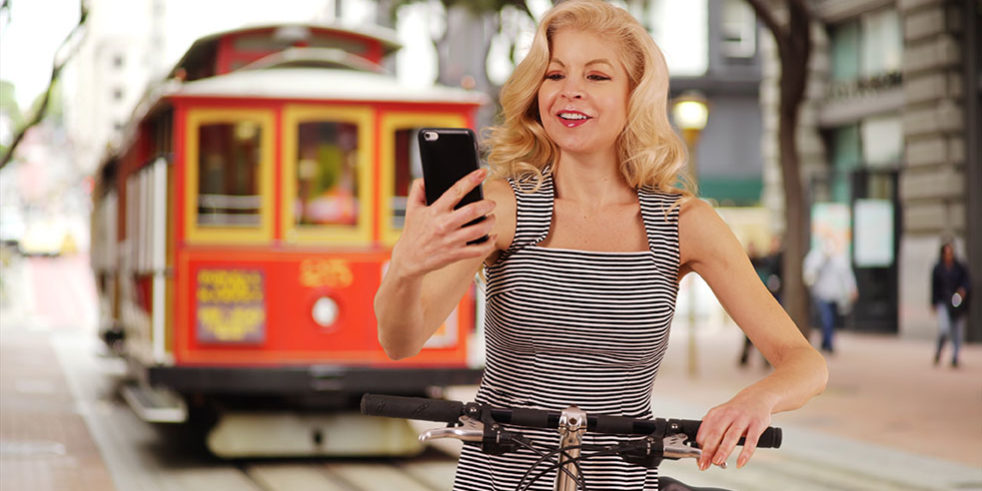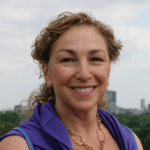Covid has brought the world together yet it has pitted us against each other as well. As an older adult living in San Francisco, California I can attest to living in an age-conscious city. Did you know that ageism is a term from the 1960s: from age + ism?
Ageism in the Workplace
When I first moved to San Francisco in my 20s I thought it was such a wonderfully youthful city. As the tech capital of America, we attract young adults looking for career opportunities. When I was laid off from my last job at 58, along with numerous other women in their 50s working for the same large organization, I knew that ageism had a role in the way we were treated. The lay-off catapulted me into finally launching my art career, so in the end, I am grateful that I was set free.
The Senior Advantage
This has been a good year to be 65. Due to our particular Covid vaccine distribution plan, I was pleased to be considered at high risk and to get vaccinated early on. When I turned 65 last September and became eligible for Medicare (an important part of the American social security system) I regarded it as my most useful birthday since I turned 21. I am now able to enjoy the privilege of returning to a relatively “normal” post-Covid life before our younger population. Now the 65+ folks are taking over as safe workers and enjoying safe socializing indoors! We can go out with our age peers to bars, restaurants, theaters, museums, and have parties with other 65+ friends. It’s an odd turn of events as we share our early vaccinated status – which will only last a few months in the US.
USA – Guiltier than Europe
Ageism goes hand in hand with menopause and how women “of a certain age” are treated. In the second half of my life my husband and I exited the US to spend two years in Catalonia. I was in my late 40s. Catalonia and Europe don’t appear to be as age conscious as San Francisco and it was a great escape as well as an exciting life experience. But since I’ve been living in this ageist city, within an ageist culture, I’ve gotten used to hearing people say “I don’t want that old guy for president” and “Your generation ruined everything for our generation” and “He/She is a Luddite”.
Accepting Aging
Most of my friends don’t accept growing older gracefully. They are often quite self-congratulatory “about not looking their age”. They are fit, pay attention to what they eat and drink, get enough sleep, and take good care of themselves. During the Covid year many people’s appearance changed and there has been a lot of long, gray hair, very little make-up, and lots of pajamas or workout clothes. I am not one for “going gray”, so maybe I am one of those folks who doesn’t accept my age either. I certainly don’t keep track of peoples’ ages and I hope no one keeps track of mine. Covid birthdays were almost lost they were so low-key. We don’t need to remind each other of our age and generational differences. But now I can state proudly, yes, because I’m an oldster, I am fully vaccinated.
Becoming More Visible
Getting older adds an imperative to our lives. I’m ambitious and I still have a good deal I want to accomplish. I realize that I don’t have a great deal of time. The years really do move faster as we age! As a full-time artist I want to make up for lost years spent working at jobs and running businesses in my “prime”. But the art world is ageist too. It seems like there are so many opportunities for young artists and far fewer for us elders. But the phoenix that is rising out of the pandemic ashes is a sharp increase in awareness and opportunity for women artists, artists of color, older artists, and women artists of color – all who have all been systematically ignored and are now being sought out. Our visibility is improving!
Moving Forward
If the before, during, and after phases of menopause make you feel less like yourself it’s important to snap out of it. We have to keep moving forward and work to regain our focus, confidence, sexuality, and power. Soon we will all be able to return to our previous lifestyles with increased awareness of our vulnerabilities and strengths. The world is looking toward us to set an example.
Susan R. Kirshenbaum






